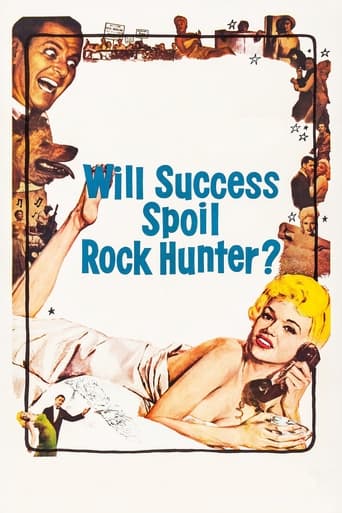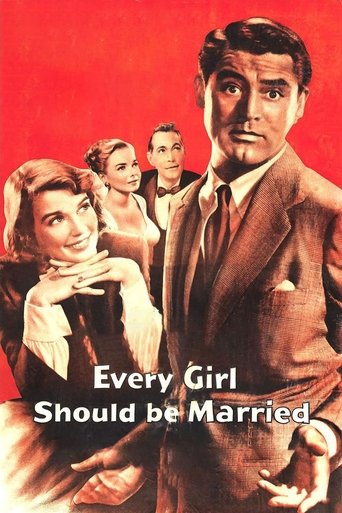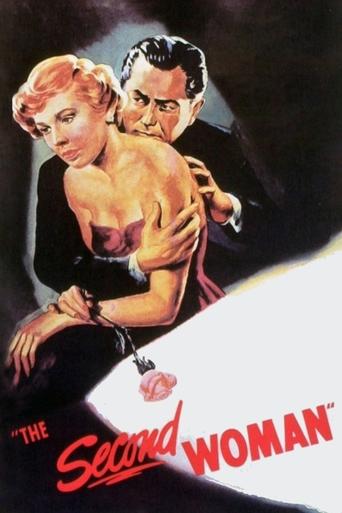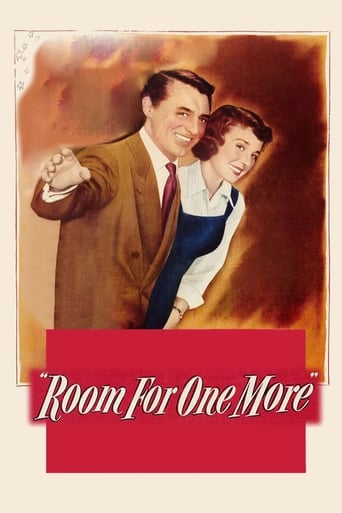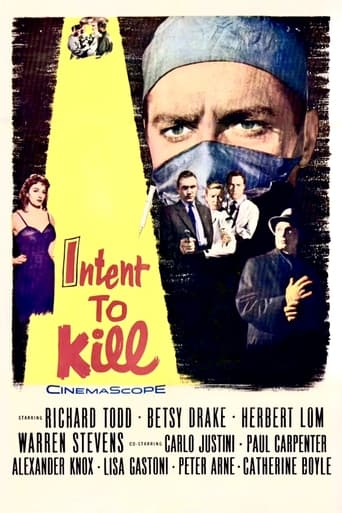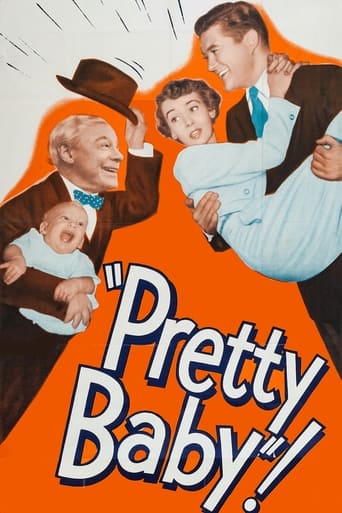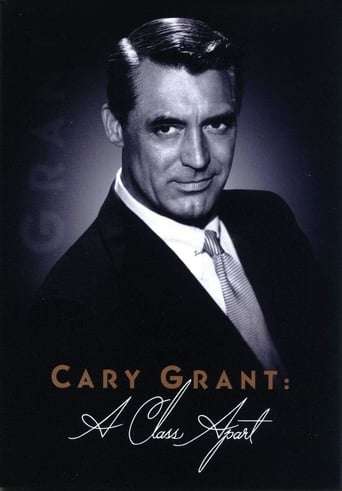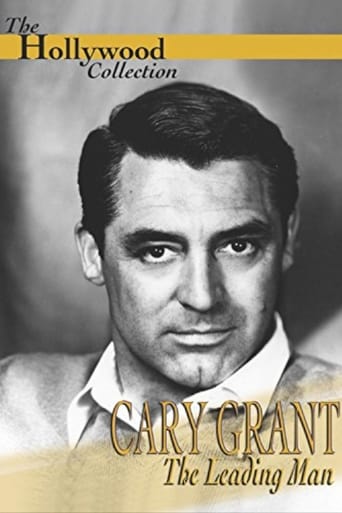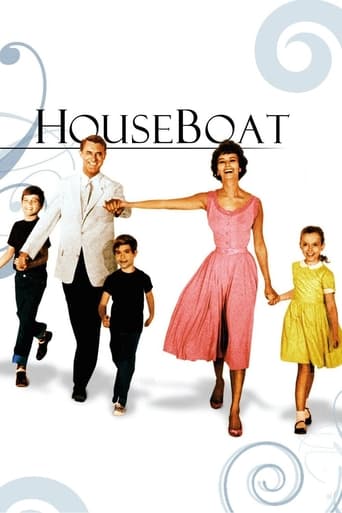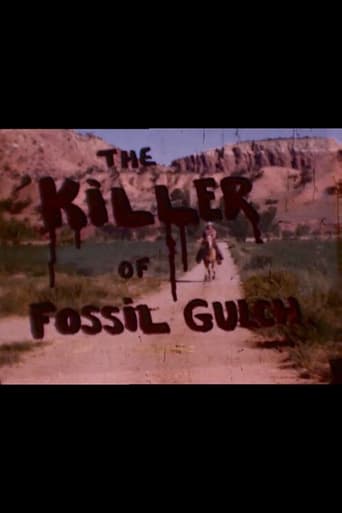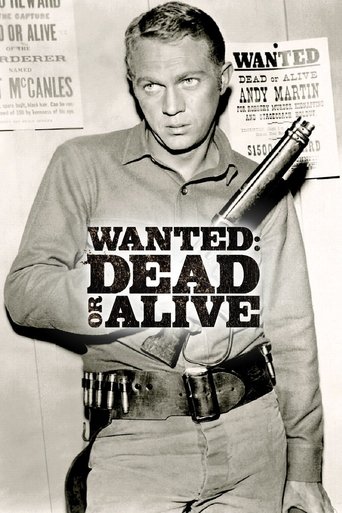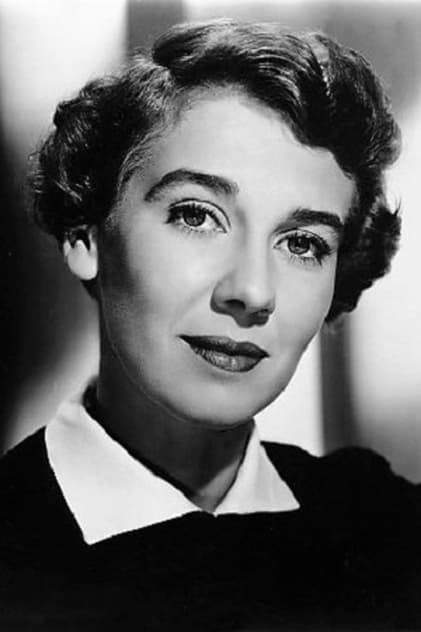
Betsy Drake
From Wikipedia, the free encyclopedia Betsy Drake (September 11, 1923 – October 27, 2015) was a French-born American actress and writer. She was the third wife of actor Cary Grant. She began looking for work as an actress in New York City, supporting herself by working as a Conover model. She met the playwright Horton Foote, who offered her a job as an understudy in his play Only the Heart, which enabled her to join the Actors' Equity Association and thus become a professional actress. After coming to the attention of the producer Hal Wallis, Drake was pressured by her agent to sign a Hollywood contract. She hated Hollywood and managed to get herself released from the contract by declaring herself insane. She returned to New York City and, in 1947, read for the director Elia Kazan for the lead role in the London company of the play Deep Are the Roots. Later that year, Drake was selected by Kazan as one of the founding members of the Actors Studio. Cary Grant first spotted her in 1947 while she was performing in London. The two, who both happened to be returning to the U.S. on the RMS Queen Mary, struck up an instant rapport. At the insistence of Grant, Drake was subsequently signed to a film contract by RKO Pictures and David Selznick, where she appeared, opposite Grant, in her first film, the romantic comedy Every Girl Should Be Married (1948). New York Times film critic Bosley Crowther called her performance “foxily amusing”. On Christmas Day 1949, Drake and Grant married in a private ceremony organized by Grant's best man, Howard Hughes, and deliberately chose a low-key, introspective private life. They delved into transcendentalism, mysticism, and yoga. She took up causes including the plight of homeless children in Los Angeles. In 1954, they bought the "Las Palomas" estate in the Movie Colony neighborhood of Palm Springs, California. The couple co-starred in the radio series Mr. and Mrs. Blanding (1951). They appeared together in the comedy-drama Room for One More (1952), and Drake appeared in a number of leading roles in England and the U.S., and a supporting role in the satiric comedy film Will Success Spoil Rock Hunter? (1957). Drake subsequently gave up acting to focus on her other interests, such as writing. Under the name Betsy Drake Grant, her novel Children, You Are Very Little (1971) was published by Atheneum Books. She worked as a volunteer and studied at the UCLA Neuropsychiatric Institute, and earned a Master of Education degree from Harvard University. Drake's last screen appearance was in the documentary film Cary Grant: A Class Apart (2005), in which she reflected on Grant and their time together, and denied rumors alleging he was bisexual. Description above from the Wikipedia article Betsy Drake, licensed under CC-BY-SA, full list of contributors on Wikipedia.
- Npe: Betsy Drake
- Cov Nrov: 0.645
- Paub Txog: Acting
- Hnub yug: 1923-09-11
- Qhov chaw yug: Paris, France
- Homepage:
- Kuj Paub Li: Betsy Grant

